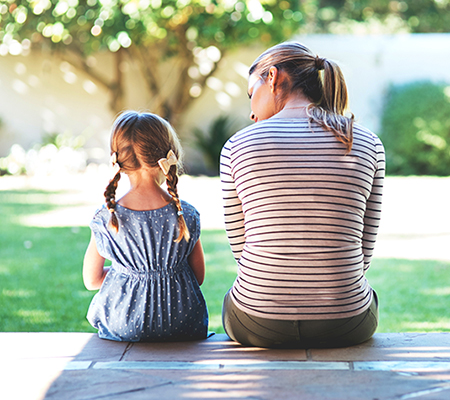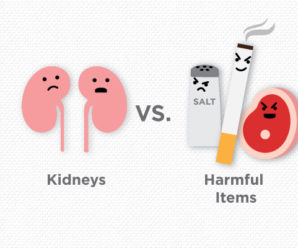
Being empathetic to others makes them feel heard and validated, but there also may be a benefit for the person showing empathy. In fact, one study published by the University of British Columbia found that medical students who received training in empathy “learned to interact in a more empathic manner” but also saw their stress levels reduced in “emotionally intense encounters” with patients.
Another study of parental empathy in the journal Health Psychology found the more empathetic parents were toward their adolescent children, the higher the parents’ level of self-esteem and sense of purpose. However, on the downside, the study showed parents who were empathetic were found to have a higher level of “systemic inflammation” in their bodies, which can have a number of negative health effects.
Empathy is generally defined as being able to put yourself in another person’s shoes and understand how they are feeling from their point of view.
A calming effect
“Just trying to understand where someone is coming from or what it might be like in their shoes, to me, has a calming effect,” said Dr. Myra D. West a clinical psychologist at Marshfield Clinic Health System who sees both adults and children. “Even in my personal experience, I often feel calmer at work than at home, which might seem strange. But at work I’m trying to empathize with patients, and when I get home, I’m thinking more about my life and my personal stressors.”
Important for understanding each other
Building empathy is a regular part of West’s approach to caring for children and adults. With kids, she may play a game designed to get them thinking about how others could be feeling.
West works with a number of foster families whose child or teen has experienced significant trauma. In these situations, West says it is critical for foster parents not just to judge their child’s behavior, but to work at understanding what the underlying cause may be.
“I try to get foster parents to slow down and understand that the child may not be intentionally trying to frustrate them with their behavior,” West said. “The behavior may be a coping mechanism as the child tries to deal with past trauma. Empathy is critical for parents in understanding children and responding productively.”
West said it’s important to change your thinking when you’re trying to build empathy. Instead of thinking “what’s wrong with that person” and judging their behavior, try thinking “what happened to this person that is making them act this way.”







Leave a Reply